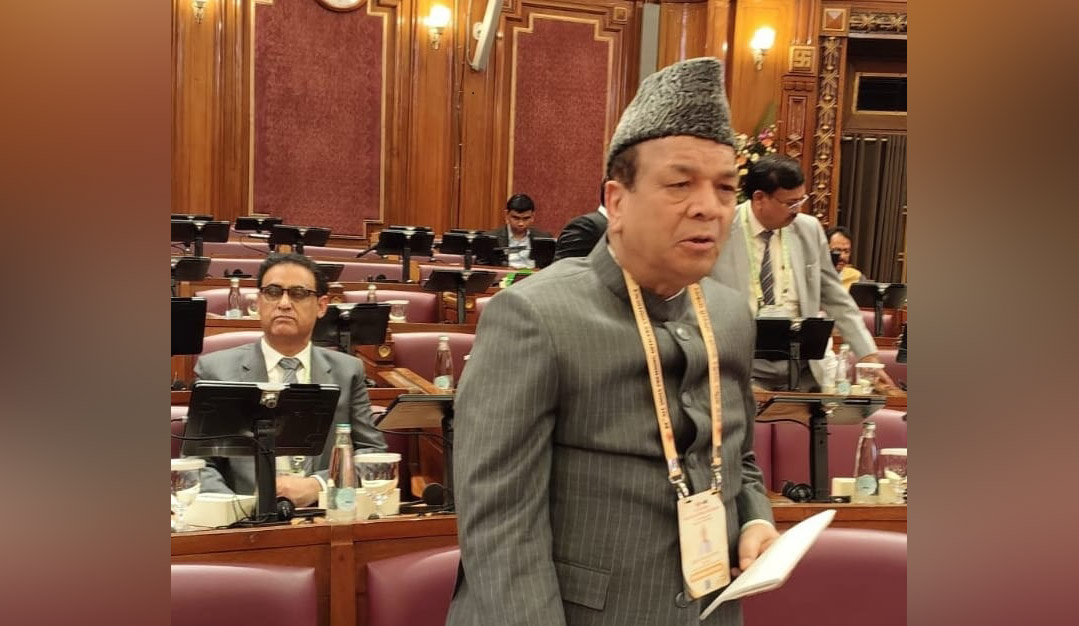|
Chief
Economic Advisor Krishnamurthy Subramanian agrees with forecast made by
S&P, Fitch
|
New Delhi(Agencies): The
Centre on Thursday said it agreed with the assessment by two international
rating agencies of India’s GDP growth rate easily crossing eight per cent next
year.
The forecast by the two
agencies – Standard’s and Poor and Fitch – that India can clock economic growth
of 8.5 to 9.5 per cent is heavily predicated on the government carrying out the
structural reforms announced during the unveiling of the Rs 20 lakh crore Covid
stimulus package.
“That is the path we are quite likely to go in
the future,” the government’s Chief Economic Advisor Krishnamurthy Subramanian
told newspersons over video conference.
While there will be a
contraction this fiscal, there will be a jump next year but the official was
unwilling to predict whether the GDP growth will touch near zero during 2020-21
or enter into negative territory.
At the same time, he
acknowledged that the expectations of the rating agencies were heavily based on
the government carrying out the radical changes it had promised in an array of
sectors from agriculture to public sector enterprise.
He, however, declined to give
any estimates for economic growth during the current financial year on grounds
that many chips were yet to fall in place.
In case the recovery begins in
the second half of this year, India may escape with a bottom of the barrel
growth rate, he suggested.
Asked to respond to reports
that banking will be catgeorised as a strategic sector in which the government
would restrict public sector companies to a maximum of four, Krishnamurthy said
work was on in the government to identify the sectors but mentioned that
world-over banking was seen as a strategic sector.
In case, the government
follows the global example, public sector banking will see a major round of
privatisation and mergers.
Talking about another global
rating agency, Moody’s, having effected a country downgrade, he pointed out
that this rating was a mapping of probability of default which is a function of
willingness to repay the borrower and the ability of the borrower to repay.
“In India’s case, its willingness to pay is
nothing short of gold standard. Its ability to pay is also gold standard. It is
part of our cultural upbringing of paying back all our debts,” he explained.




No comments:
Post a Comment